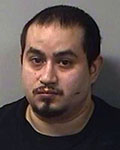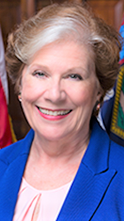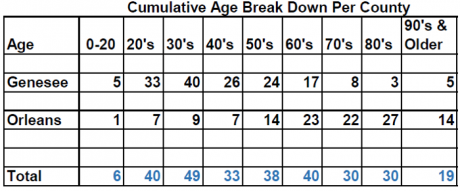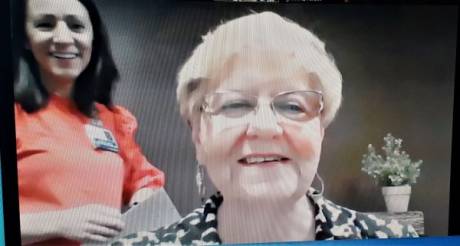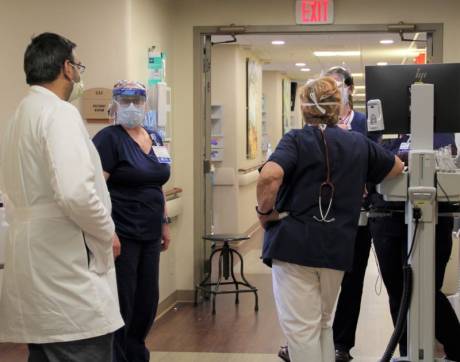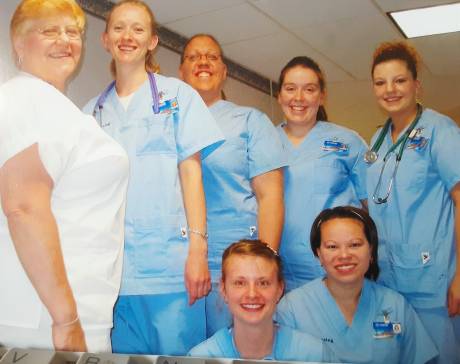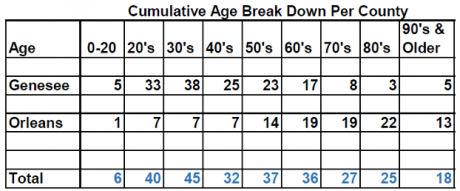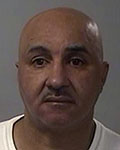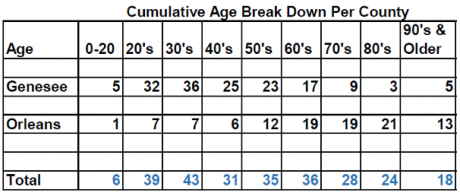Council members question whether the City should 'cater' to food truck vendors
The Genesee Country Farmers Market Inc. suddenly has become quite a lightning rod for discussion at Batavia City Council meetings.
City Council tonight gave its go-ahead for the market to conduct business again this year at the east side of the parking lot on Alva Place and Bank Street, but not before a 25-minute debate that focused on the practice of allowing food truck vendors to conduct business on the market grounds and at other downtown locations.
Council members, at their April 27th meeting, tabled the nonprofit’s application to operate on Tuesdays, Thursdays and Fridays from June 5 through Oct. 30, citing the need for clarification of the organization’s address and financial arrangement.
The next day, Beth Kemp, executive director of the Batavia Downtown Business Improvement District, which supports the GCFM, provided an email from Sharon Brent, the market’s treasurer, which appeared to answer Council’s questions.
Fast forwarding to tonight, several Council members brought up other issues concerning the market, with the subject of food trucks dominating the talking points.
“I don’t know if any of you have received any comments from local restaurateurs but I have in the past in regard to the food vendors that are allowed to come into the farm market and sell food there as far as prepared food like the food truck, things of that nature,” John Canale said. “Some of our restaurants that are in the BID district are concerned that these people are coming in and they’re able to sell food at lunch time, which is actually taking away lunch business from a lot of our downtown restaurateurs.”
Canale said restaurant owners, especially during the COVID-19 crisis, are “fighting for business” and food trucks will just make it that much more difficult for them. He went on to say that the farmers’ market is “a wonderful thing” but still called for eliminating food vending trucks at the market.
Robert Bialkowski then asked a series of questions about the farmers’ market operation – How much of the parking lot can they use, what does the $50 membership fee cover, who is the president and vice president, and how much is spent on advertising?
He also suggested that Council should treat event applications in the same way they do resolutions.
“I really feel that we should handle it like any other business item,” he said. “If we all agree to move it from conference to business, then at the business meeting we would vote on it. That’s just my personal opinion."
City Attorney George Van Nest said he was of the opinion that Council might be imposing stricter requirements upon the farmers’ market compared to other requests.
“Traditionally, it’s been a situation where the City has looked at a limited set of information,” he said. “I just have a slight concern that we’re going fairly far afield here for a particular event application and treating this one a little differently than we would other event applications.”
The conversation returned to food trucks with Council President Eugene Jankowski mentioning that he received an email from Kemp on March 11th asking about the possibility of restricting food trucks from downtown on specific days of the week -- with the exception of the farmers’ market. He shared news that Buffalo and Rochester have recently passed a measure designed to limit food trucks parking near restaurants.
After Rose Mary Christian noted that food trucks have to pay sales tax, Jankowski suggested putting the issue back into the BID’s hands.
“That to me would be more of an internal BID issue than it is for Council to get involved,” he said. “These (applications) are a way to give us a heads-up so that we can provide a service to all the people who are going to be there as well as the community to make sure that we’re not conflicting … that we’re not blocking their progress.”
Canale agreed that the matter should be handled through the BID.
“I think it’s a matter of the BID realizing that a lot of these downtown restaurants are challenged by having more food vendors come downtown and be able to sell food downtown at the lunch hour that aren’t having to pay the BID assessment (as well as property taxes),” he said.
Patti Pacino, who along with City Manager Martin Moore serves on the BID board, said “if these owners are concerned, I’d rather they take it to the BID board than try to take it to City Council, because we’re only going to turn around and take it back to the BID board.”
Jankowski then suggested that Moore contact Kemp to define the areas of concern and discuss it again at a future Council meeting.
“Maybe (we need to) modify the City Code for the food vendor truck to not be right in the middle of the BID area where they’re paying taxes or the assessment, and on top of that, they’re parking right in front of a restaurant,” he said.
That prompted a sharp response from Christian.
“Actually, it’s called competition. Center Street Smoke House has a food truck and he’s all over. He not only pays sales tax but he pays property tax …,” she said. “I think you’re opening up Pandora’s Box if you decide to do this. Like I said, it is competition and I know about the food truck because I had the first one in Batavia.”
She added that the City could face a lawsuit “if you’re going to continue on with this nonsense.”
“Nobody makes anyone go to those trucks; nobody makes anyone go to a restaurant. It’s a choice – freedom of choice,” she said, prompting Al McGinnis to respond in agreement.
"We should stay out of it," he said. "I think Rose Mary is right.”
In the end, Council approved the application but instructed Moore and Pacino to address Kemp’s email as a courtesy to the BID, an entity with close ties to the City.

